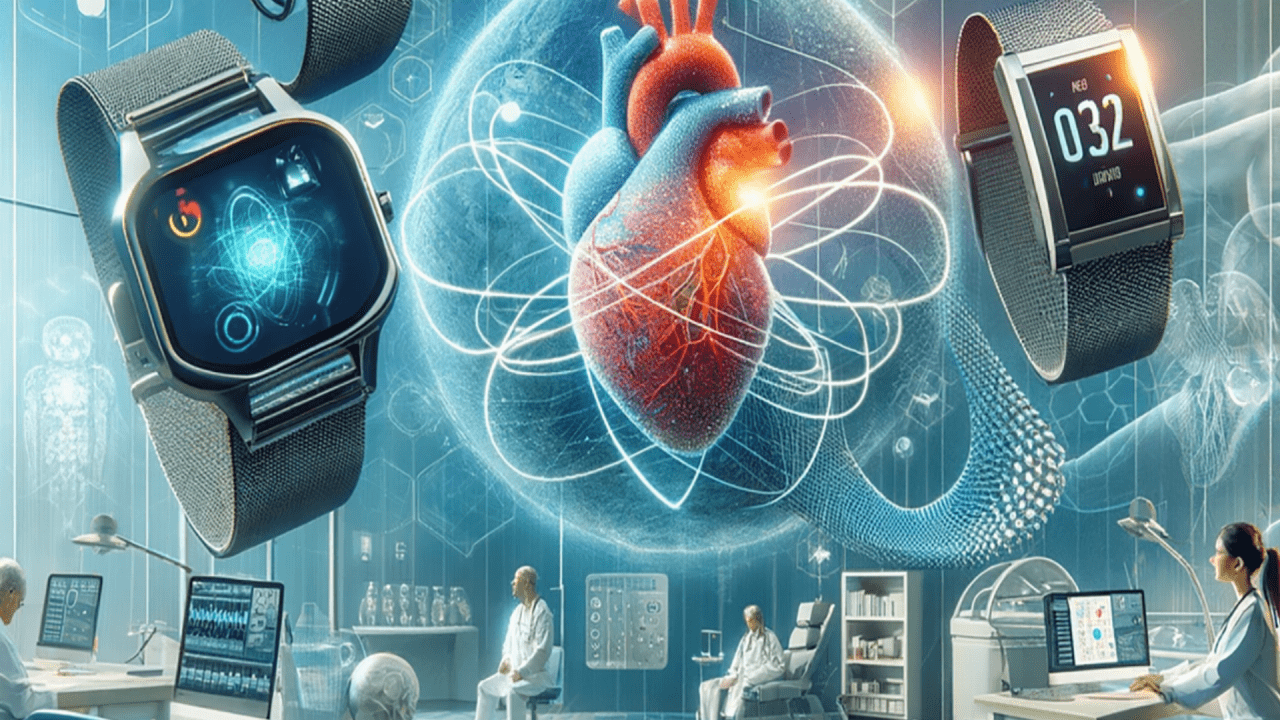Wearable Tech: The Future of Health Monitoring ?
In recent years, wearable technology has surged in popularity, transforming the way we approach health and fitness. From smartwatches and fitness trackers to advanced biosensors, wearable devices are revolutionizing health monitoring by providing real-time data and personalized insights. Here's a closer look at how wearable tech is shaping the future of health monitoring and what it means for proactive healthcare.
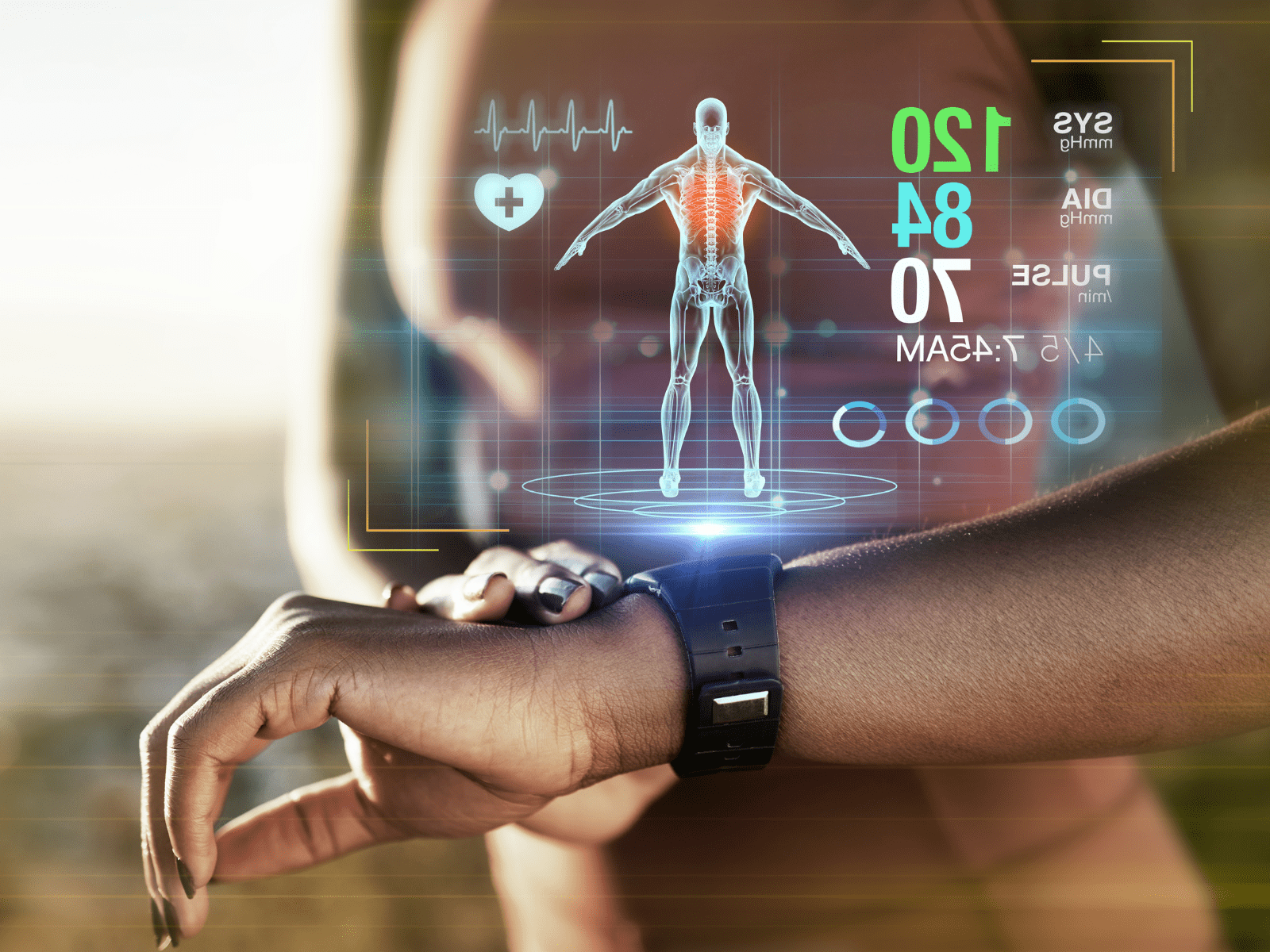
Real-Time Health Data
One of the most significant advantages of wearable tech is its ability to provide real-time health data. Devices like smartwatches and fitness trackers can monitor heart rate, sleep patterns, physical activity, and even blood oxygen levels. This continuous flow of information allows users to keep a close eye on their health metrics and make informed decisions about their lifestyle and activities.
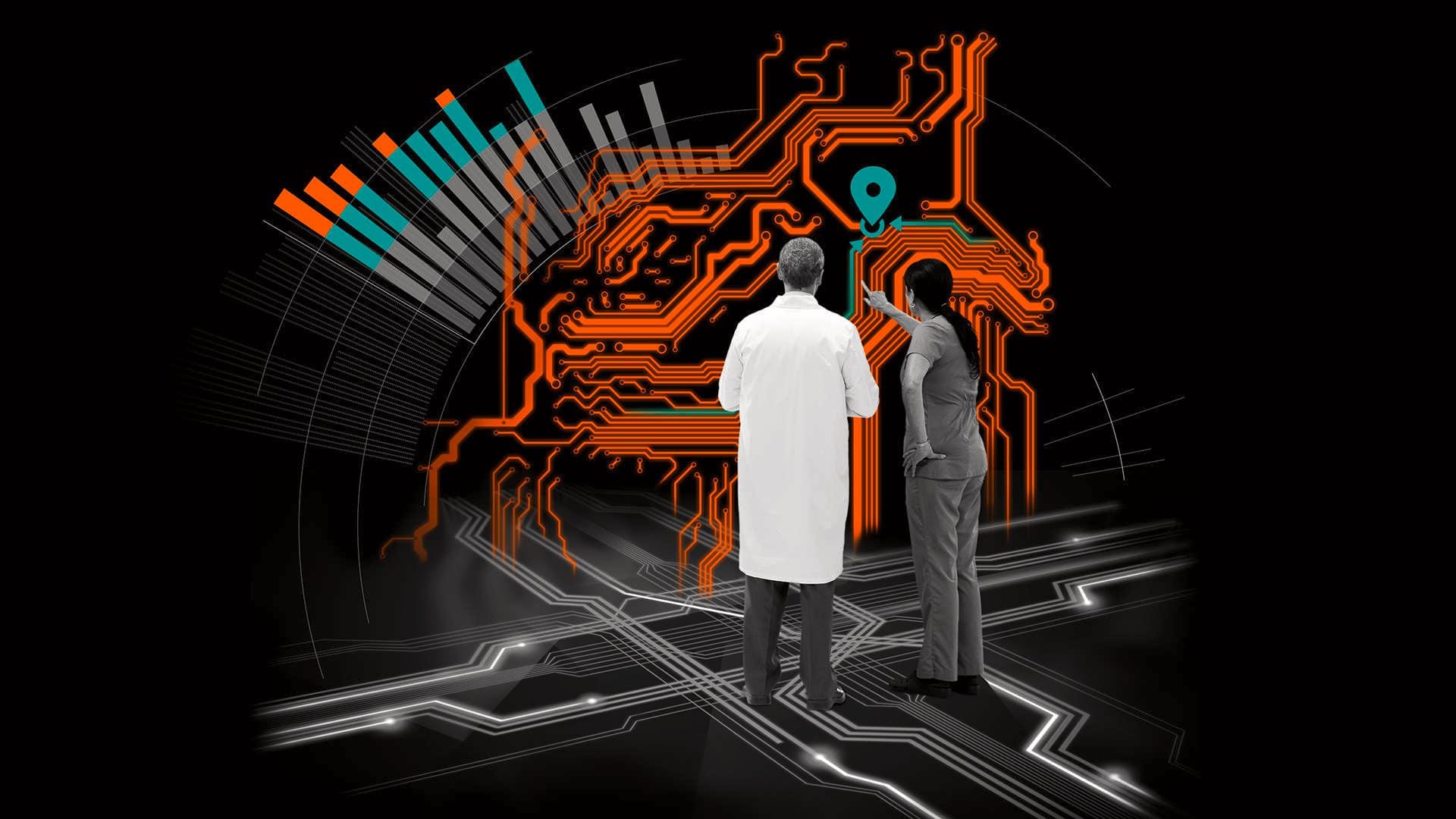
Personalized Health Insights
Wearable devices are not just about data collection; they also offer personalized insights. By analyzing the data collected, these devices can provide tailored recommendations to improve health and wellness. For instance, if a fitness tracker detects irregular heartbeats or unusual sleep patterns, it can prompt the user to seek medical advice or make lifestyle changes. This personalized approach to health monitoring helps individuals take proactive steps towards better health.
Proactive Healthcare Solutions
The integration of wearable tech in healthcare is paving the way for proactive healthcare solutions. Healthcare providers can leverage data from wearable devices to monitor patients remotely, detect potential health issues early, and provide timely interventions. This approach not only enhances patient care but also reduces the burden on healthcare facilities by minimizing the need for frequent in-person visits.
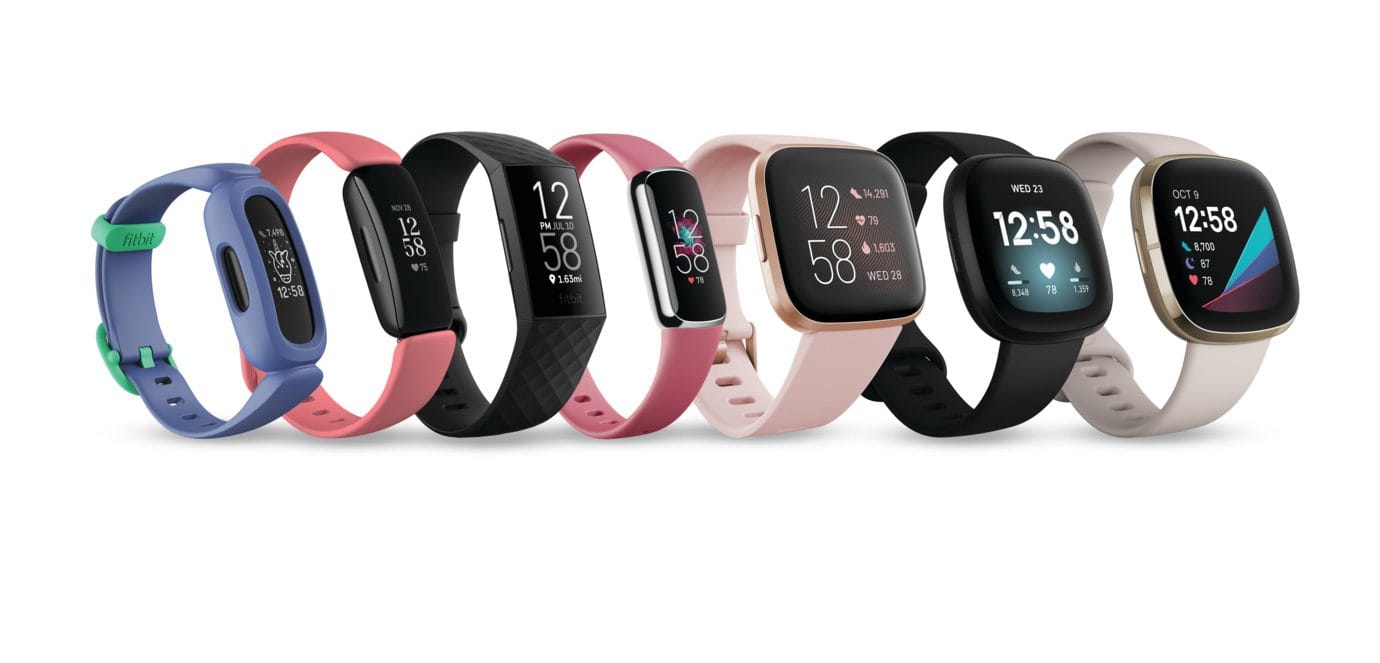
Fitness Trackers and Smartwatches
Fitness trackers and smartwatches are among the most popular wearable devices. These gadgets have evolved from simple step counters to sophisticated health monitoring tools. Modern smartwatches can track a wide range of health metrics, including heart rate variability, ECG, and stress levels. Fitness trackers are also incorporating advanced features like GPS tracking, hydration monitoring, and even menstrual cycle tracking.
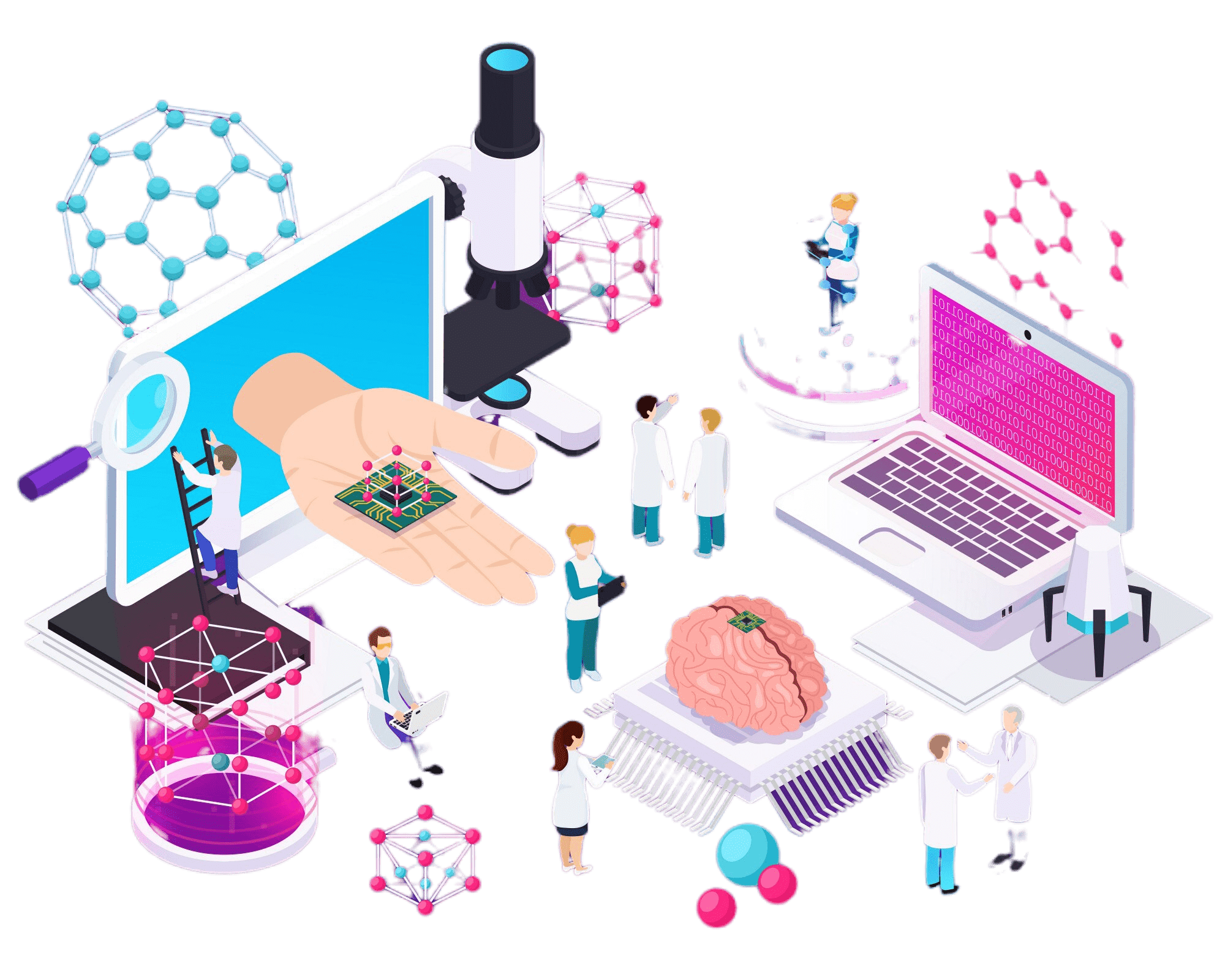
Advanced Biosensors
Beyond fitness trackers and smartwatches, advanced biosensors are emerging as a game-changer in health monitoring. These sensors can be embedded in wearable devices to monitor various physiological parameters such as glucose levels, blood pressure, and even brain activity. For example, continuous glucose monitors (CGMs) are transforming diabetes management by providing real-time glucose readings and alerts.
The Future of Wearable Tech in Healthcare
The future of wearable tech in healthcare looks promising. With advancements in artificial intelligence and machine learning, wearable devices are becoming more accurate and capable of predicting health trends. This predictive capability can help in early diagnosis and prevention of chronic diseases. Additionally, the integration of wearable tech with telemedicine is enhancing remote patient monitoring and virtual healthcare services.
Conclusion
Wearable technology is undeniably transforming the landscape of health monitoring. By providing real-time data, personalized insights, and proactive healthcare solutions, these devices empower individuals to take control of their health and well-being. As technology continues to evolve, we can expect wearable tech to play an even more significant role in the future of healthcare.

